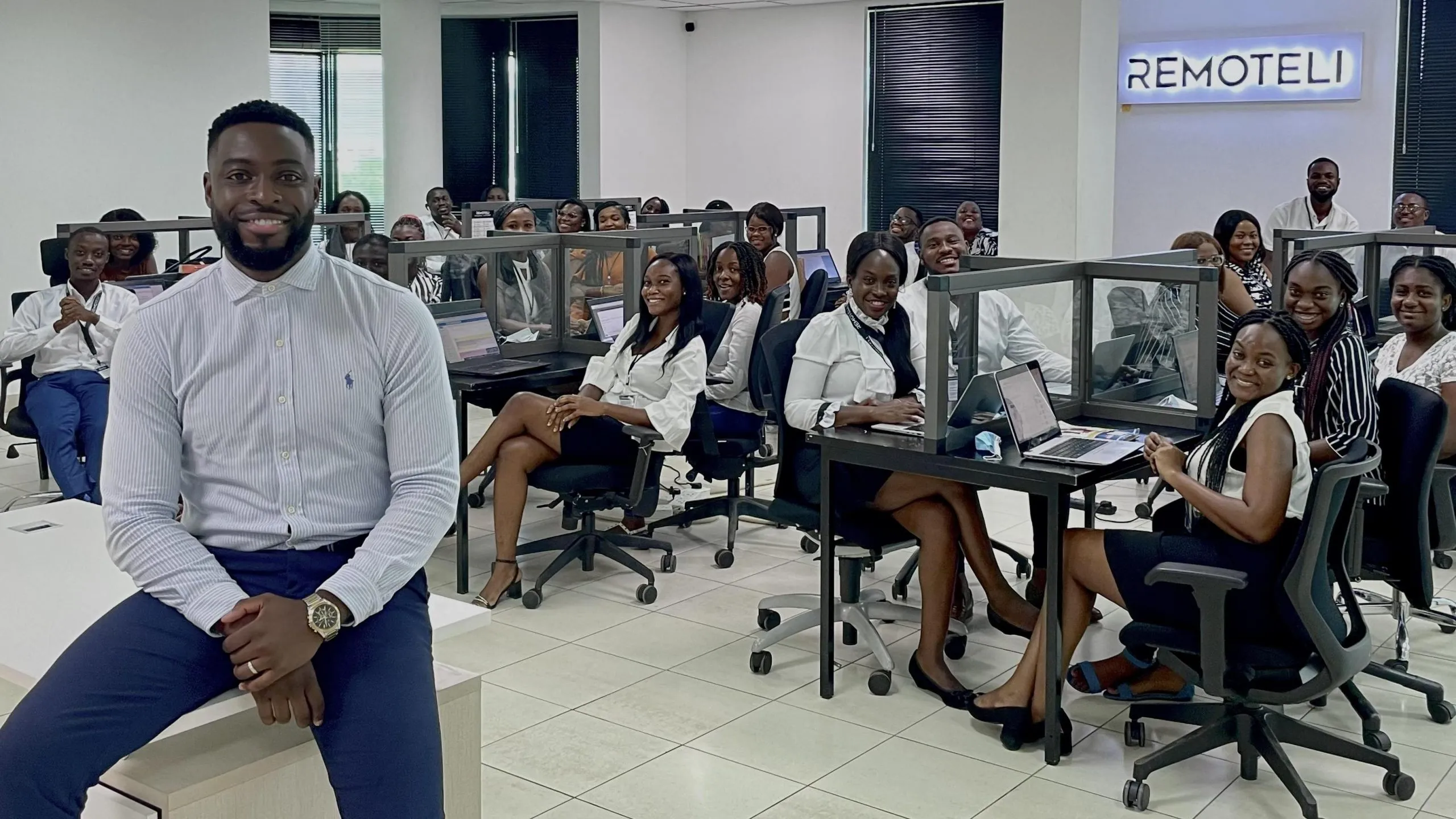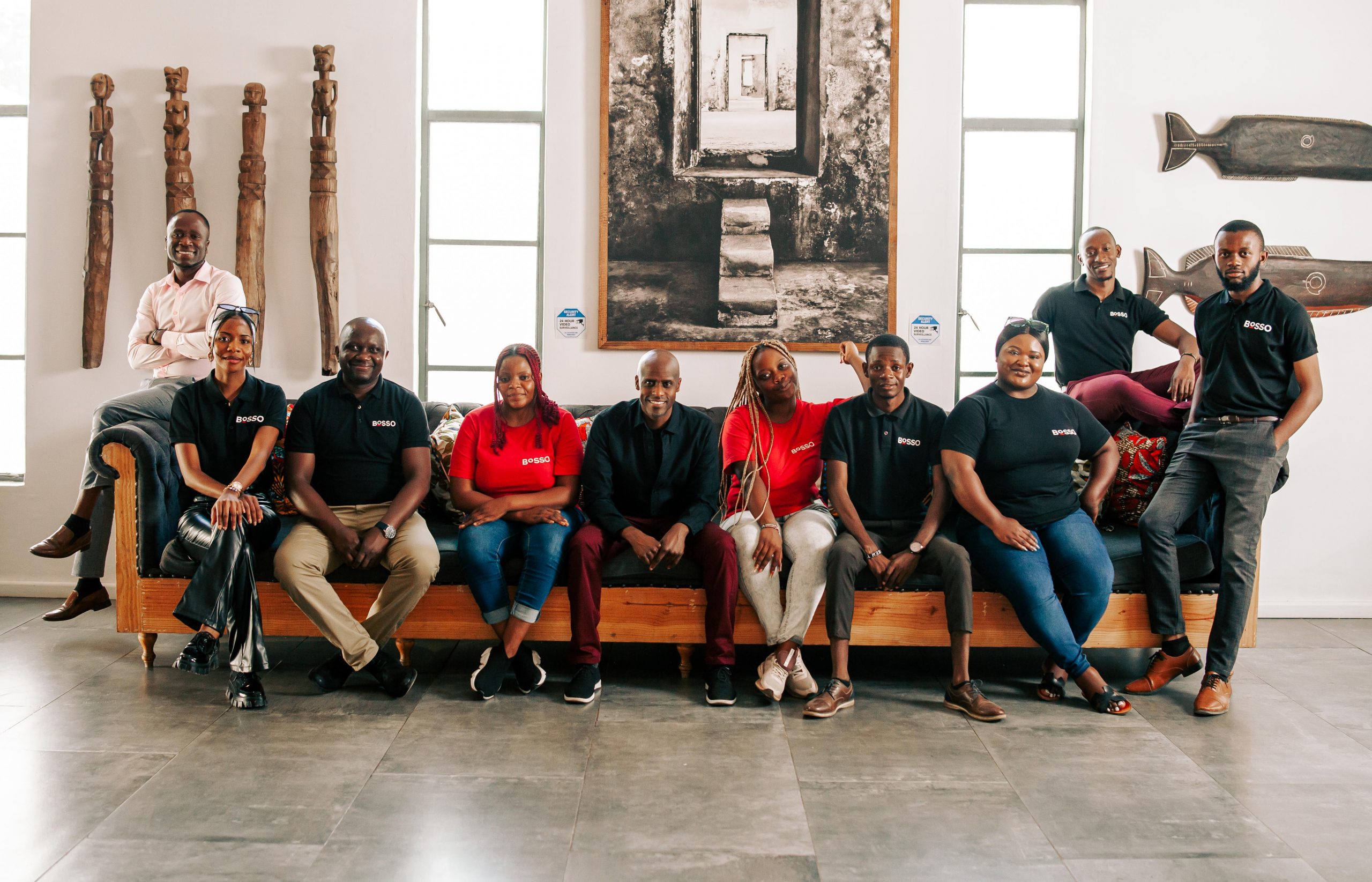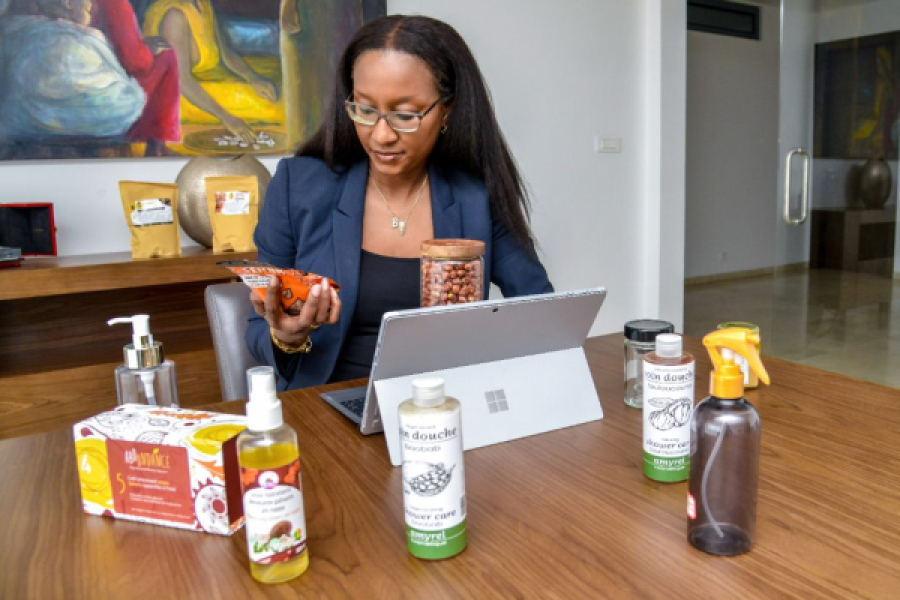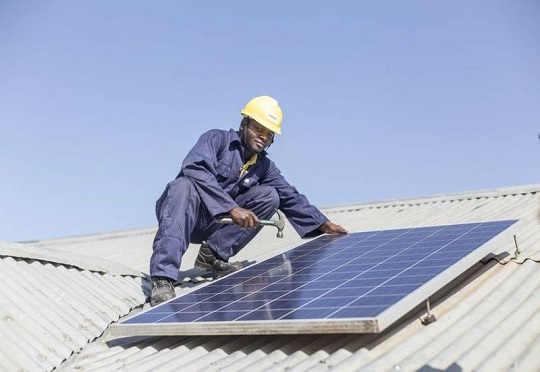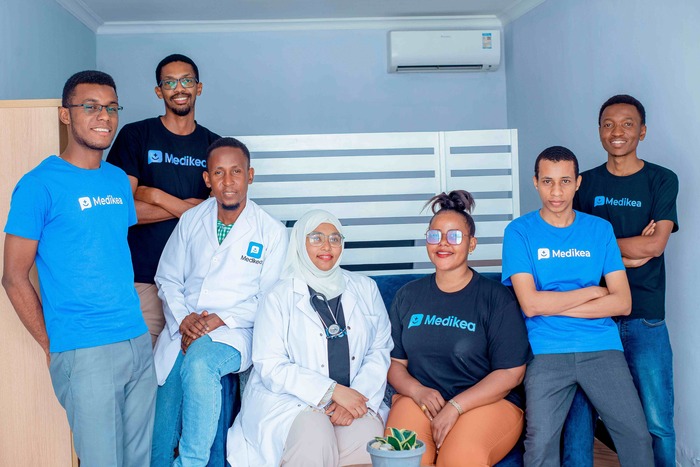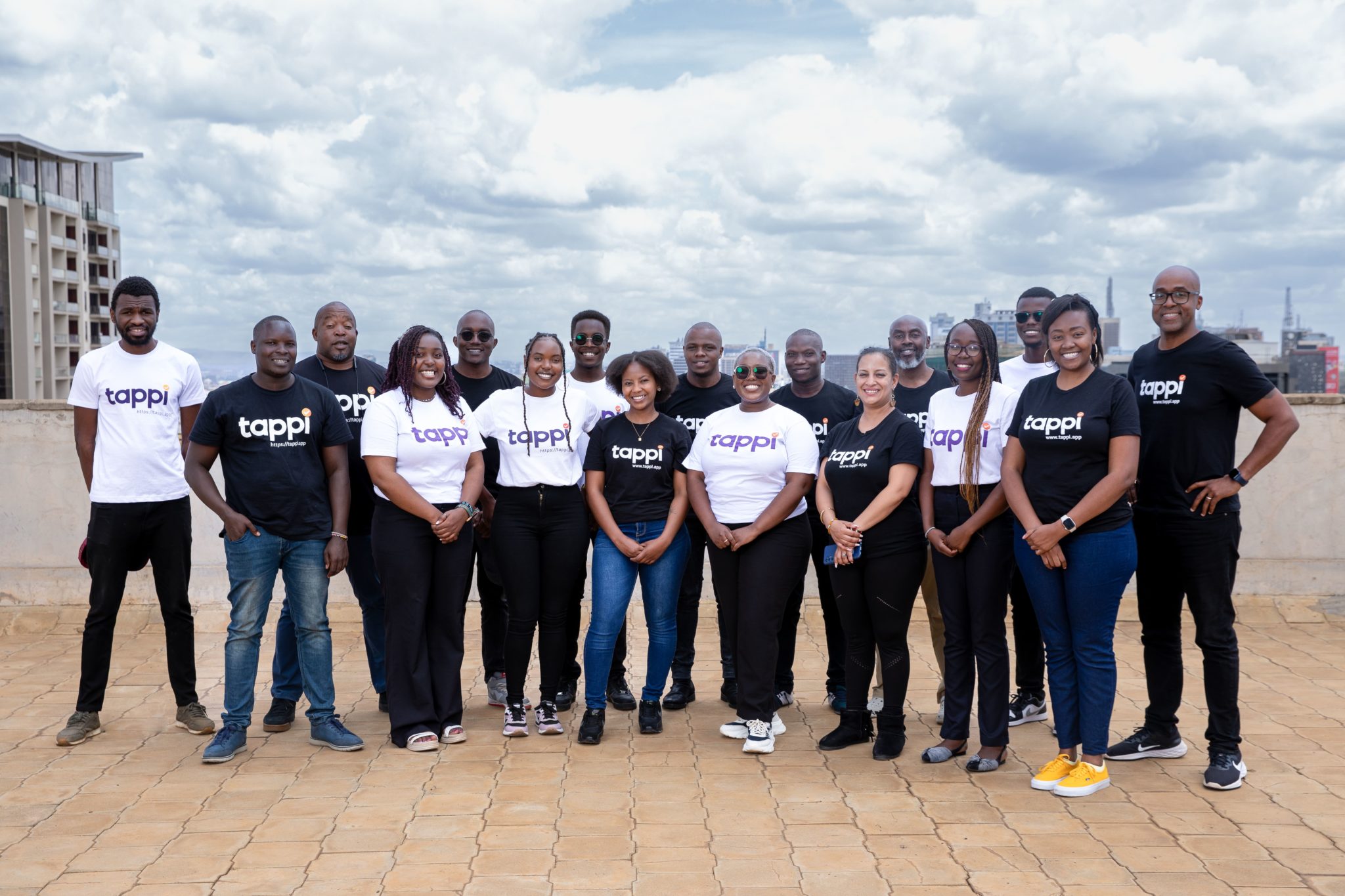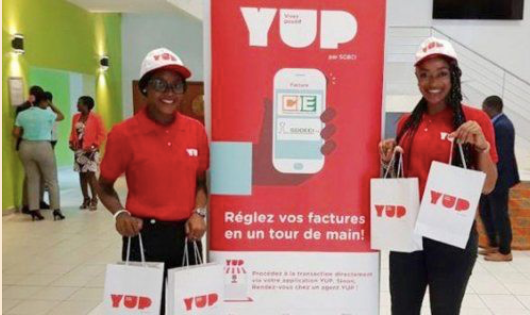Tech Talent Startup Remoteli Secures $315K Investment from Ghanaian-Dutch Footballer
Remoteli, a Ghana-based tech talent startup, successfully secured £250,000 ($314,824) in pre-seed funding to fuel its expansion across Africa. The principal investor leading the funding round is Jeremie Frimpong, a Ghanaian-Dutch professional footballer associated with Bundesliga club Bayern Leverkusen. Remoteli’s founder, Samuel Brooksworth, initiated the company during the COVID-19 pandemic, identifying a crucial gap between unemployed young graduates and organizations struggling to grow. The primary aim of this funding is to scale operations, with a special focus on the ambitious target of facilitating employment for 1 million people by 2030. The collaboration with Frimpong also involves the Pathways project, addressing the career challenges faced by young footballers. This project aims to provide new opportunities and support in training and upskilling, unlocking potential careers beyond the football pitch.
Jeremie Frimpong’s decision to invest in Remoteli stems from a genuine belief in the startup’s mission. He emphasizes a personal commitment to developing opportunities for those facing limited prospects, drawing on his own background. Frimpong’s endorsement of Remoteli is grounded in its potential to make a positive impact, aligning with his values and the societal change he wishes to contribute to. Samuel Brooksworth’s pitch resonated with Frimpong, prompting an immediate buy-in. This strategic investment also aligns with a broader trend of football stars backing tech startups, highlighting a growing intersection between sports and technology.
A Look at Remoteli
Founded by Samuel Brooksworth, Remoteli is a tech talent startup originating from Ghana. The startup focuses on connecting African tech talents with remote workplace services. Its AI-powered software facilitates the matching of organizations with qualified tech professionals, while also offering a suite of tools and resources to empower companies worldwide. Remoteli has already made a significant impact, directly hiring over 100 individuals and supporting more than 100 dedicated clients. The startup’s expansion includes a recent move to Kigali, Rwanda, with plans to extend operations to various other African countries in 2024. Despite securing pre-seed funding, Remoteli emphasizes a history of strategic bootstrapping and minimal fundraising to maximize organic growth, with aspirations for a Series A round later in the year.

Charles Rapulu Udoh is a Lagos-based lawyer, who has several years of experience working in Africa’s burgeoning tech startup industry. He has closed multi-million dollar deals bordering on venture capital, private equity, intellectual property (trademark, patent or design, etc.), mergers and acquisitions, in countries such as in the Delaware, New York, UK, Singapore, British Virgin Islands, South Africa, Nigeria etc. He’s also a corporate governance and cross-border data privacy and tax expert. As an award-winning writer and researcher, he is passionate about telling the African startup story, and is one of the continent’s pioneers in this regard.

